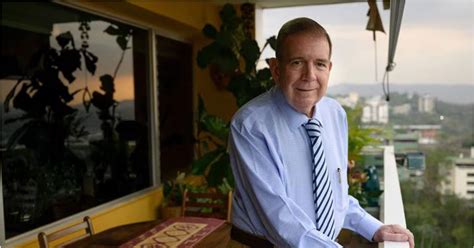
Courtesy
Edmundo González, a 74-year-old retired diplomat, and grandad of four, is running against Venezuela’s President Nicolás Maduro, who’s been in power since 2013 for the elections due in late July. Though once politically unknown, he’s now the country’s beacon of hope to stop the years of authoritarian rule. Mr. González was selected after other opposition candidates were blocked from running. Despite never having political aspirations, he accepted the role, viewing it as a duty. His low-profile and non-critical stance towards Maduro’s government might impede gaining voter traction, especially outside Caracas where government-led media control information. His family origins are modest; born in La Victoria, he went on to study international relations, eventually becoming a diplomat serving in Belgium, El Salvador, and the United States. He retired in 2002 and joined the Democratic Unity Roundtable, advising on international relations. Mounting a presidential campaign, his friends emphasize, is a serious responsibility for González, as challenging an incumbent government can be risky. Mr. Maduro, facing threats from another opposition figure, María Corina Machado, attempted to prevent other contenders from joining the race. Unexpectedly, the electoral authority granted an extension allowing Mr. González to enter the race. As a known “consensus seek er,” many believe that if he might be successful, President Maduro might be willing to transfer power to him, provided he receives amnesty for human rights abuses and his party continues to have a political role. González is open to dialogues with Maduro’s government, but he needs to maintain a balance between opposition support and posing minimal threat to the regime, a delicate act. Polls indicate growing support for González, while 1/3 of respondents remain unsure, and about 20% would not vote for any candidate. Source text written by Genevieve Glatsky and Isayen Herrera and Published in -> NYT
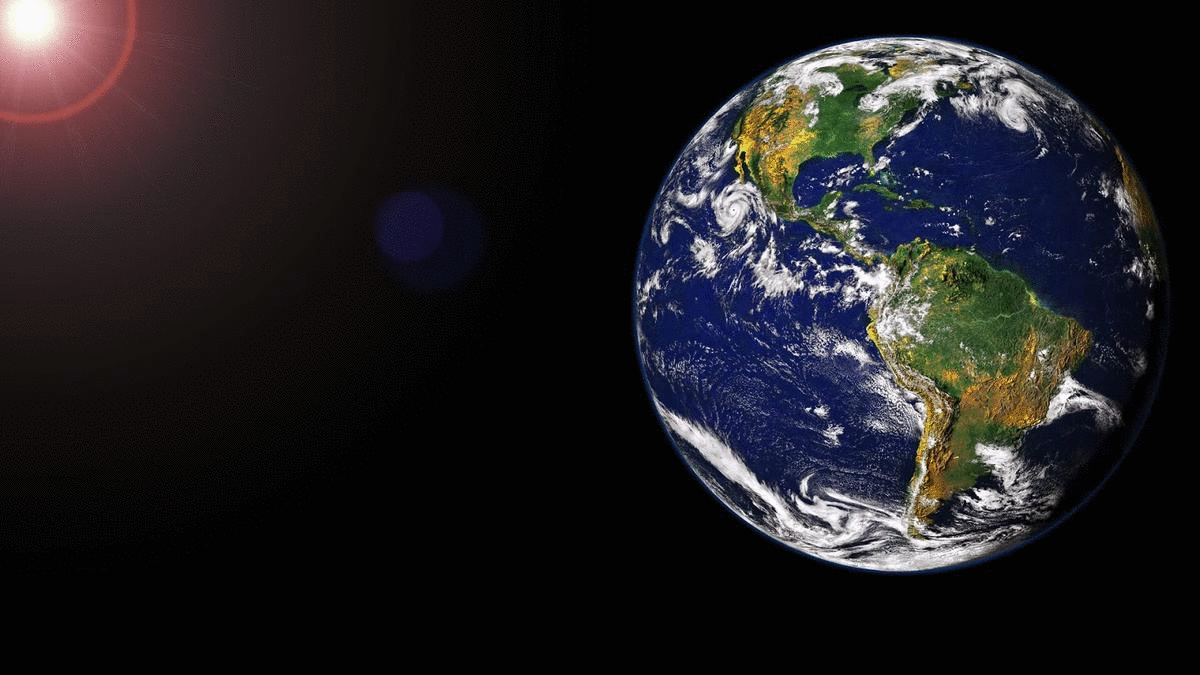
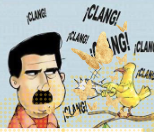
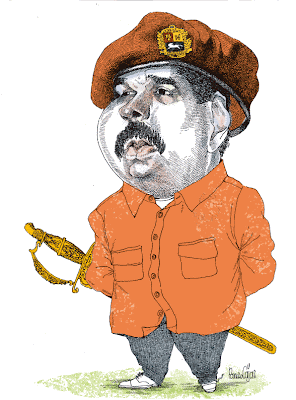
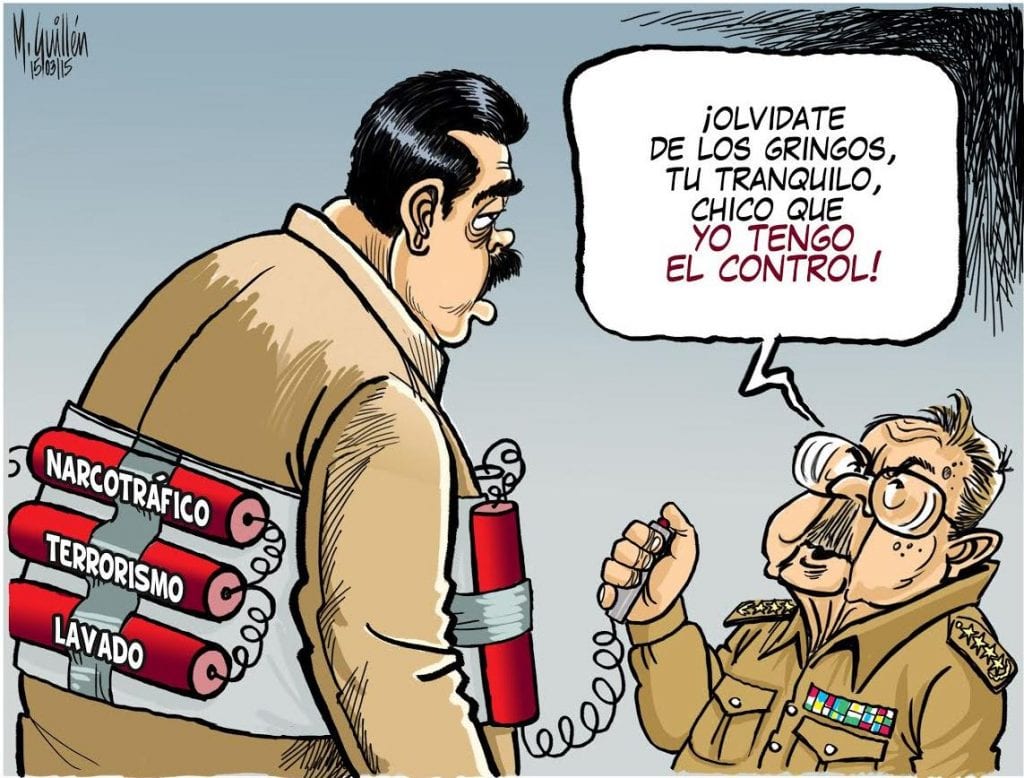
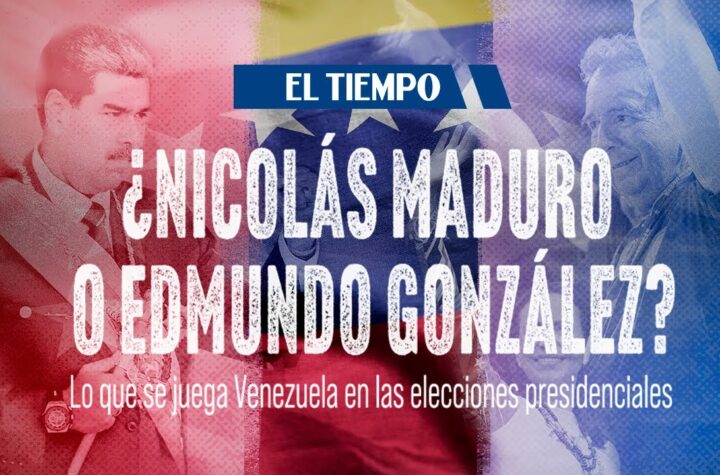
More Stories
Venezuela, elecciones entre pajaritos y mariposas
Maduro seeks to bolster military support ahead of next election
¿Qué hará Cuba el 28 de julio?